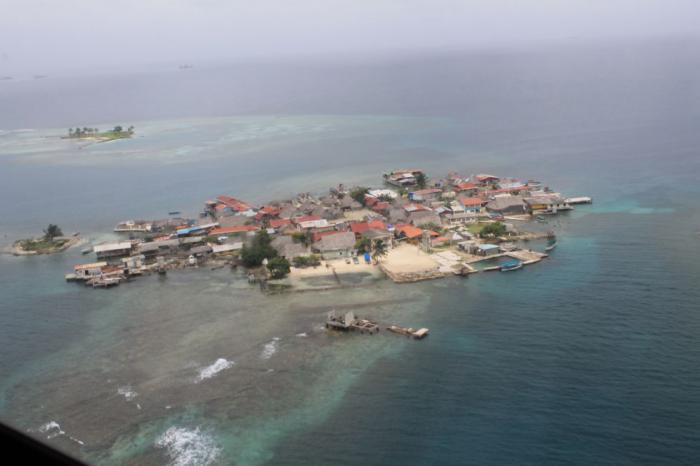
January 19, Cuba assumed the pro tempore presidency of the Association of Caribbean States (ACS-AEC), previously held by Haiti, during the 21st ordinary meeting of the organization’s Ministerial Council.
Upon assuming the responsibility, Foreign Minister Bruno Rodríguez Parrilla reaffirmed the country’s commitment to revitalizing the regional institution, emphasizing that Cuba had confidence in the organization’s potential to make a significant contribution to Latin American and Caribbean integration, to jointly confront the political, economic, social, cultural, and environmental challenges of the era.
Rodríguez Parrilla likewise reiterated Cuba’s intention to continue strengthening regional cooperation, and advocated comprehensive, inclusive, equitable development, which implies special, differentiated treatment for small Caribbean states, considering their economic and environmental vulnerability.
He noted that while cooperation has been undertaken by Caribbean nations and the ACS, “We must define priorities and take action to mobilize collective resources to advance toward our objectives.”
Rodríguez Parrilla also announced that the 7th ACS-AEC Summit will take place this year in Havana.
Discussion at the gathering centered on the impact of climate change in the Caribbean, based on reports from a November, 2015, expert seminar on the issue held in Trinidad and Tobago.
Participating in the two-day event were foreign ministers from St Lucia, Guyana, the Bahamas, Costa Rica, Cuba, Jamaica, Trinidad and Tobago, Venezuela, the Dominican Republic and Colombia; as well as deputy ministers from Mexico, El Salvador, Nicaragua, Panama and Honduras; in addition to delegations from Antigua and Barbuda, Barbados, Guatemala, Belize, and the Caribbean Community (Caricom); plus observers from Argentina, Finland, Spain, Serbia, Turkey, India and the European Union.








